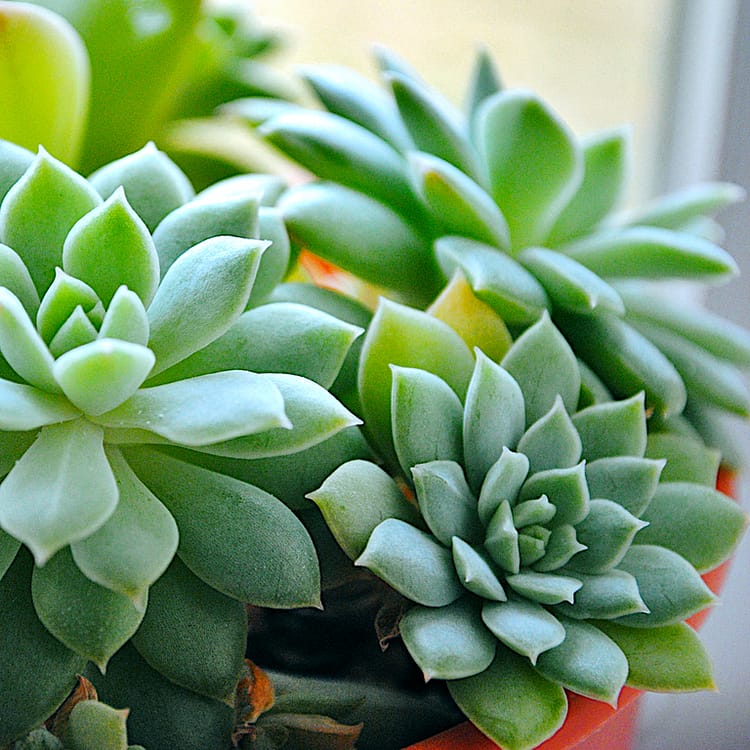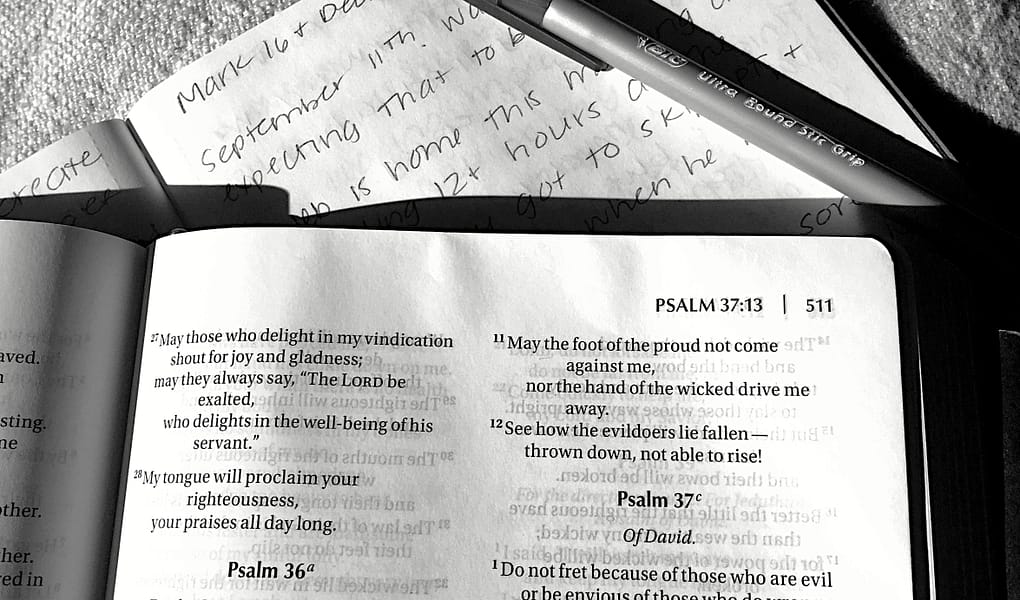I’m kind of all over the place, and I need grounding – Courteney Cox
This past weekend was World Mental Health Day. With all that’s happening in the world, mental health has been a hot topic of conversation. And for good reason; 2020 is testing all our limits. Nearly every facet of our lives has been touched with uncertainty.
Recognizing my Anxiety
I didn’t realize I had anxiety until I was an adult.
At age 30, everything in my life changed. Having just married Husband, I moved to a new state. I started a new job, only to have my job description change due to record-breaking hurricane Matthew. Adjusting to life as a military spouse brought challenges I wasn’t expecting. I was flexing friendship-making muscles that had laid dormant since college. (And let’s not talk about all the acronyms, ranks, and insider knowledge I suddenly found myself floundering for).
Oh yeah – and six months after I moved, my husband left for a nine-month deployment, leaving us tallying more time apart than together.
My old life – framed by familiarity, routine, and choices I controlled – was gone. I found myself flung into a new, chaotic life.

I denied my anxiety for a long time. Looking back, it wasn’t until Husband returned home that I realized I’d been living on the edge. And not in a good way. That year-and-a-half was full of hidden (and sometimes outspoken) anxiety.
For me, anxiety often manifests itself in things like overstimulation/sudden lethargy, ruminating thoughts, mood swings, a tightening feeling in my throat, and a desire to control all the things.
It’s only now, years later, that I’m learning what my anxiety triggers are and how to manage them. The journey isn’t one I would have chosen to walk, but I’m grateful to be healthy enough to take an objective look at my anxiety.
Grounding Practices
It’s taken time, but as life has become a bit more predictable, I have identified several practices to help ground me during stressful times. While all of these aren’t accessible all the time, there’s usually one I can find that works, even if just a little. Coupled with other daily practices like limited social media and news, I’m in a much healthier spot than I was even a few months ago.
Of course, the techniques I mention below aren’t new – in fact, many people find them helpful. But, if you’re new to this anxiety journey (like I am), or if you find yourself navigating a stressful time, maybe they can help you some too.
[I should mention that I’m not a medical professional in any capacity, and I have had no medical training. These are simple techniques that have worked for me and helped me get a handle on my anxiety. They may or may not work for you, but I hope you’ll consider giving them a try.]
Move your Body
Getting grounded doesn’t have to be hard or take a long time, and neither does moving your body. This can be simple, easy movement, or something more vigorous. The important thing is you’re moving.
If it feels hard to get going, try something easy, like a walk around the blog or a few yoga poses. Some days I’ll walk with music or a podcast, but other times I’ll opt to tune into the sounds around me. Do whatever feels good to you at the moment.

Write it Out
A daily journaling practice is one of my favorite ways to feel connected with myself. For me, this grounding practice is done no matter my anxiety level. One of the first things I do every morning is to sit with a pen and a blank page. Some days I’ll use a prompt while writing. Other mornings it’s a to-do list or a record of what happened the day before.
The great thing with journaling is – there are no rules! On days when my anxiety is high, I take some time to list out whatever feels scary or overwhelming. I spent a year tucking away things I was afraid of, convinced that if I brought them to light, they would come true. I learned the hard way – this is not good. Write it down and get it out of you.
Stimulate your Senses
There are many ways to engage your senses. Some of my favorites include diffusing essential oils, mindful eating, or even baking.
I may linger over making a cup of tea or coffee. I take my time preparing the environment and pay attention to what I’m doing in the moment – filling the kettle, measuring my tea, watching the color of the water change as the tea steeps. Purposefully engaging my senses, particularly smell and taste, help bring my awareness back to the present.

There’s also a technique used as part of Cognitive Behavioral Therapy that utilizes all five senses. To start, acknowledge five things you can see around you. From there, find four things you can touch. Then, three things you can hear. Finally, two things you can smell and one thing you can taste. I often use this when I’m out in the city and starting to feel overwhelmed or overstimulated.
Calm your Mind
I’ll be honest; this one doesn’t always work immediately. However, I’m hoping long term practice will help my brain stay focused on the present moment, instead of all the what-ifs of life. I’m still new to meditation, but the still, focused breathing can help bring my mind and body back together and lessen my anxiety.
There are times, however, where my emotions become too much. Meditation can sometimes bring up repressed scenes or emotions, and if I’m not ready for it, the wave can knock me down. While I usually feel better afterward, I prefer to wade through that at home, as opposed to in a public place, so I typically reserve meditation for at-home use.
I use Headspace for guided meditations, but there are many options out there (check out Calm and Youtube for some others).
Get in Nature
Literally, get grounded! Outdoor activities like walking the dog or even just standing outside barefoot is so good for us. Although somewhat limited, there’s actual science behind this. If my schedule is limited, I may just step outside for a few seconds and feel the sun on my face.

If the weather is bad and I’m not up for getting wet, I bring nature inside by tending to my houseplants. Opening the windows and focusing my attention on the sounds outside is also a good way of connecting with nature.
Talk it Out
I can’t speak highly enough about professional counseling. These days, professional mental help is available both online and in person.
While it’s scary to think of sharing our lives with a stranger, we can’t, and shouldn’t, expect our friends to be our therapists. Even when anxiety is low and I’m feeling good, there’s something about an impartial third-party that I can say all the things to that’s really helpful. Regardless of where you are in life, many of us could benefit from talking it out with a professional counselor.
What techniques do you use to stay grounded when stress and anxiety are high?

One more way I stay grounded and fight anxiety is by using Scripture. I know this isn’t for everyone, but I find the truths of the Bible to be comforting when times are stressful. I’ve compiled a few of my favorite verses and short prayers as a free download here. I hope you’ll find them helpful as well.


